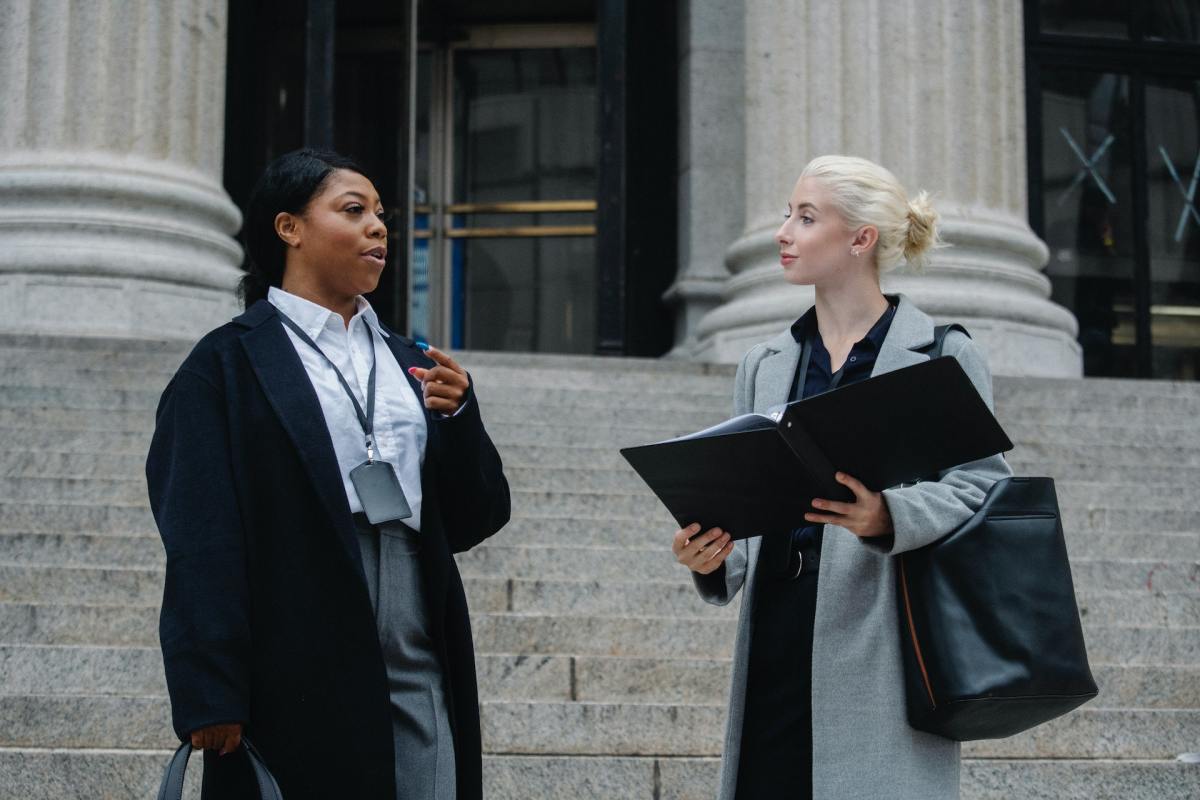Civil Rights Violations Cited In Lawsuit Against Homeland Security
David House

Bradley Manning made big news last May when he was arrested for leaking over 250,000 US diplomatic cables. He was charged in July with transferring the classified data onto his personal computer and then giving it to an unauthorized person or group, who as most are aware, has turned out allegedly to be WikiLeaks.
More recently, in March of this year, 22 more charges were added to the list, one of which is “aiding the enemy”, a capital offense. In addition to the cables, he stands accused of leaking the 2007 Baghdad airstrike which was posted in April 2010 by WikiLeaks titled it “Collateral Murder”. Footage of the May 2009 Granai airstrike in Afghanistan is slated for release by WikiLeaks sometime in the future.
Upon his arrest, he was taken to Quantico, Virginia and held in maximum-custody until last April. The conditions of his imprisonment over the 11 months he was held there, caused Amnesty International to intervene on his behalf referring to his detention as harsh and punitive. 295 American legal scholars signed a letter accusing his captors of violating Bradley's US constitutional rights. Young Manning was then transferred to a medium-security facility in Fort Leavenworth, Kansas.
The conditions of his detainment so raised the ire of the public that a support group was formed to raise money for Manning's defense. David House was one of those folks who made a decision to fight what he believed was the US government's violation of an American citizen's constitutional rights.
House, a computer programmer from Cambridge, Massachusetts and the chief fundraiser for the organization, was one of very few visitors Manning was able to receive during his long stay at Quantico. During the visits to Manning, House attempted to discuss the conditions of detainment being experienced by Manning. At first Manning was loathe to openly say anything about what he was forced to endure, due to the fact that visits and visitors were monitored by the presence of marines and electronic monitoring equipment. Eventually, Manning opened up to David during his visit on December 18, 2010. The details of that visit can be read on David House's blog written December 23rd.
http://my.firedoglake.com/blog/2010/12/23/bradley-manning-speaks-about-his-conditions/
Since his founding of the Manning support group, House has been targeted for harassment by various members of the Federal government. Upon his return from a vacation to Mexico last November, he was stopped in the O’Hare International Airport in Chicago. The two men who approached him identified themselves as Department of Public Security agents. House was ordered to give up any and all electronic devices which turned out to be his computer, flash drives, digital camera, and his cell phone.
House Speaks About His Ordeal
Upon entering an interrogation room, House claims the Federal agents began questioning him about his involvement with Bradley Manning. He explained to them that he had designed the website for the support group, that he believes Manning deserves his due process like any other citizen, and that he was an advocate for Manning's legal defense. Despite the fact that House's actions and involvement are legal and protected under the 1st Amendment, the US government violated those rights as well as his rights under the 4th Amendment.
On December 21, the ACLU on behalf of David House, sent a letter to the Department of Homeland Security demanding the return of his personal equipment. All was returned the next day. On May 13th the ACLU, on behalf of David House, filed a lawsuit challenging the suspicion-less search and seizure of his electronics and personal data.
The unlawful seizure of his laptop not only violated his 4th Amendment rights, but the very act itself served to send a message to other would-be supports: If you try to exercise your rights under the 1st Amendment, such as the right of free association with others who have a like mind set, you will be targeted and punished.
The 1st Amendment guarantees American citizens of the right to freedom of speech, freedom of the press, freedom of religion, and petition. What good does that do anyone if our right to freely associate with others who support our views and causes is infringed upon?
According to House, since his involvement with the Manning support group, he has been visited by agents from various government agencies including the military, the FBI, and the Department of State. Of particular interest to such agencies is David's personal political beliefs and with whom he associates.
David's personal laptop contained emails from friends and family. There was personal information stored in regard to his bank accounts and loans, including passwords. The very nature of David's job as a computer programmer also requires that he has work related messages and projects stored on it. As a programmer, he has many passwords to various secure websites, whose security has now been compromised by the government's unlawful seizure of such information.
Besides being personally and professionally inconvenienced by this harassment, David's work as an advocate for Manning has been dealt a forceful blow. The information about the Support Network was also stored on his laptop. Through illegal means the US government has obtained the mailing lists, donors lists, and confidential memos in connection to strategy methods.
Though the government complied in returning the electronics within a day of the request letter, it had already been seven weeks since the initial seizure, allowing plenty of time for Homeland Security officials to copy the information and circulate among various governmental departments and anyone else they may deem entitled. The request made of them to destroy any and all copies of David's information, as well as clarifying whether they had, indeed, shared the information with other agencies went unaddressed.
The lawsuit challenges the government's implied right to seize, search, copy and share information from a personal electronic device without a reasonable basis of suspicion. Of grave importance to all Americans who wish to enjoy and act upon the democratic rights of this country is the challenge to the government's idea that it has unrestrained authority to search the personal property of individuals and groups who are exercising their right to engage in legal political activities. Irregardless of whether that government approves of a cause or not, is not a basis for infringing on any American citizen's rights by outright denying them protection under the 1st and 4th Amendments.
The lawsuit also claims that David House has been subjected to impromptu questioning at home and his work by investigators from the FBI, the Department of Defense, and the Department of State. He's been placed on a watch list, and has been questioned on every occasion of returning to the US from travels out of the country. The focus of their interest? His advocacy for Manning and his political views in general.
The suit also alleges that the seizure of House's effects “will chill the association rights of the Bradley Manning Support Network” by exposing them retribution through harassment and/or halting them from openly discussing political strategies. House has said the results of the seizure has already shown the effectiveness of the government's intimidation tactics. Though many of Mannings supporters had initially insisted on anonymity, some of them have already been accused of treason, according to the lawsuit. Supporters are now refusing to give even basic information such as email addresses due to a fear of being targeted by the government.
House said, “It silenced people who were once very outspoken and it's caused a lot of donors to retreat. I think what we're seeing here is a systematic encroachment on the private rights of citizens by the US government.”
If you find this information alarming, please pass it on by clicking the Tweet, Like, or +1 button provided at the top of the page.
- Freedom of Speech The CIA Way
- Embattled WikiLeaks Founder - Rape or American Counterstrike?
Julian Assange's rape accusation. Is it true or just another attempt at discrediting him in the ongoing battle by US officials to halt his furious campaigns to expose fraud, lies, and misinformation in governments steeped in their own manufactured co - The New World Order: Not Just Another Conspiracy Theory
- 9/11: The New Pearl Harbor?
This year marks 10 years since terror proved it had grown roots in American soil. Much has been written and rewritten about the events of 9/11, as well as some of the blunders in handling a growing concern with terrorism. The author gives a chronol









